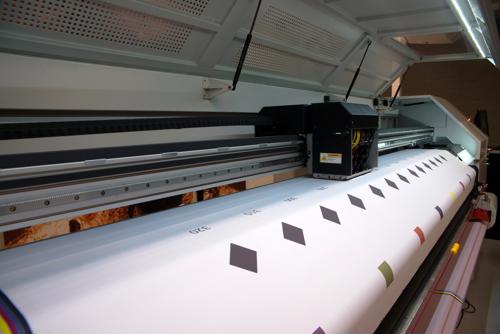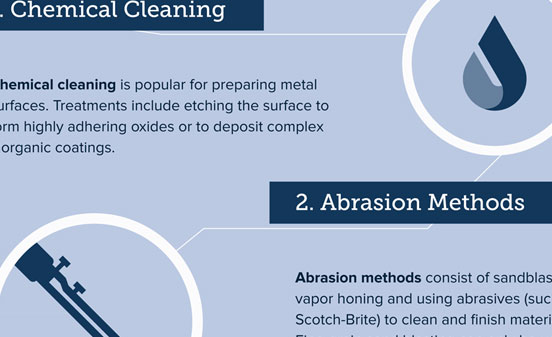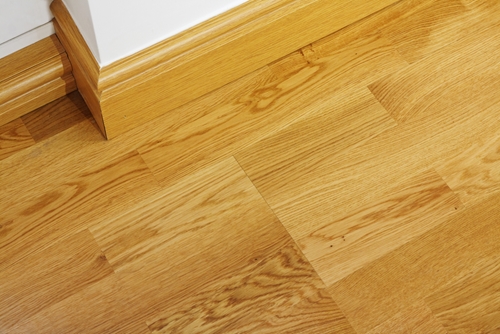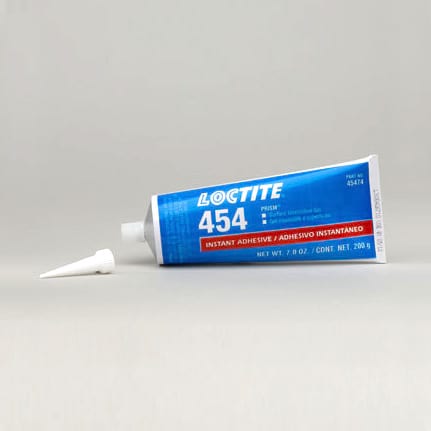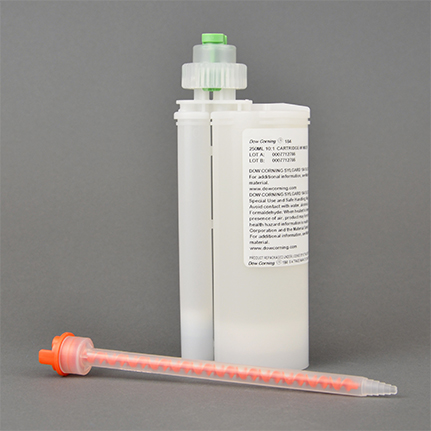

-
Description for LIQUI MOLY Molygen New Generation 5W-30
Low-viscosity high-tech low-friction motor oil with high shear stability. Excellent wear resistance. Tested for turbochargers and catalytic converters.Application Type Lubrication 1 Part or 2 Part 1-Part Material Form Oil Industry Motor oil, Tested for turbochargers, Vehicle, Tested for catalytic converters, Ideal for modern Asian and American gasoline engines with multi-valve technology, Ideal for modern Asian and American gasoline engines turbocharging with and without charge air cooling Manufacturer LIQUI MOLY Chemistry Special molygen additive Viscosity (cPs) Low, 64.0 (mm²/s), 10.7 (mm²/s), <60,000, <6,600, >2.90 Fluorescent Fluorescent Color Green Wear Resistance Excellent Aging Resistance Optimum stability to aging High Temperature Resistance (°C) Excellent high temperature behavior Low Temperature Resistance (°C) Excellent low temperature behavior Evaporation (%) 10 Density (g/cm³) 0.850 Can Be Used In Conjunction With These Materials All commercially available motor oils -
Technical Data for LIQUI MOLY Molygen New Generation 5W-30
Overview
-
Application Type
- Lubricant - Lubrication
-
1 Part or 2 Part
- 1-Part
-
Material Form
- Oil
-
Industry
- Automotive - Vehicle
- Motors - Motor oil
- Engine - Tested for turbochargers, Tested for catalytic converters, Ideal for modern American gasoline engines with multi-valve technology and turbocharging with and without charge air cooling, Ideal for modern Asian gasoline engines with multi-valve technology and turbocharging with and without charge air cooling
-
Chemistry
- Other - Special molygen additive
-
Cure Method
- None
-
Color
- Green
-
Can Be Used In Conjunction With These Materials
- Oils - All commercially available motor oils
Specifications
Cure Specs
Viscosity (cPs) Low, 64.0 (mm²/s), 10.7 (mm²/s), <60,000, <6,600, >2.90 Test Method Fluorescent Fluorescent Bond Strength
Shear Strength (psi) High shear stability, Outstanding shear resistance Material Resistance
Wear Resistance Excellent Aging Resistance Optimum stability to aging High Temperature Resistance (°C) Excellent high temperature behavior Low Temperature Resistance (°C) Excellent low temperature behavior Other Properties
Evaporation (%) 10 Flash Point (°F) 446.0 Test Method Density (g/cm³) 0.850 Test Method -
-
Best Practices for LIQUI MOLY Molygen New Generation 5W-30
-
Application
Note the vehicle and engine manufacturers' operating instructions. Can be mixed with all commercially available motor oils. Full effectiveness only achieved when the product is not mixed.
-
-
Comparable Materials for LIQUI MOLY Molygen New Generation 5W-30
Spec Engine® Results
Popular Articles
Testing the effectiveness of surface treatments
Read ArticleInfographic: ENSURING A STRONG BOND - 6 Basic Methods of Surface Preparation
Read ArticleSponsored Articles
Unique Advantages of Contact Adhesives
Read ArticleUsing LOCTITE® 454™ is a Valid Option for Engineers Working with a Wide Variety of Materials
Read ArticleSylgard 184 by DOW is the Top Choice for a Transparent, Silicone Encapsulant. Read Why:
Read ArticleCase Study: Creating reliable, corrosion-free bonds with LORD® 406 acrylic adhesive
Read ArticleFeatured Ads

Viscosity Test Methods
| Viscosity | Test Method | Temperature |
|---|---|---|
| Low | ||
| 64.0 (mm²/s) | ASTM D 7042-04 | 40°C |
| 10.7 (mm²/s) | ASTM D 7042-04 | 100°C |
| <60,000 cPs | ASTM D 4684 | -35°C |
| <6,600 cPs | ASTM D 5293 | -30°C |
| >2.90 cPs | ASTM D 5481 | 150°C |
Density Test Methods
| Density | Temperature | Test Method |
|---|---|---|
| 0.850 g/cm³ | 15°C | DIN 51757 |
Flash Point Test Methods
| Flash Point | Test Method |
|---|---|
| 446.0°F | DIN ISO 2592 |
1 VIEW FREE
Don't Leave!
View LIQUI MOLY - Molygen New Generation 5W-30 now.



